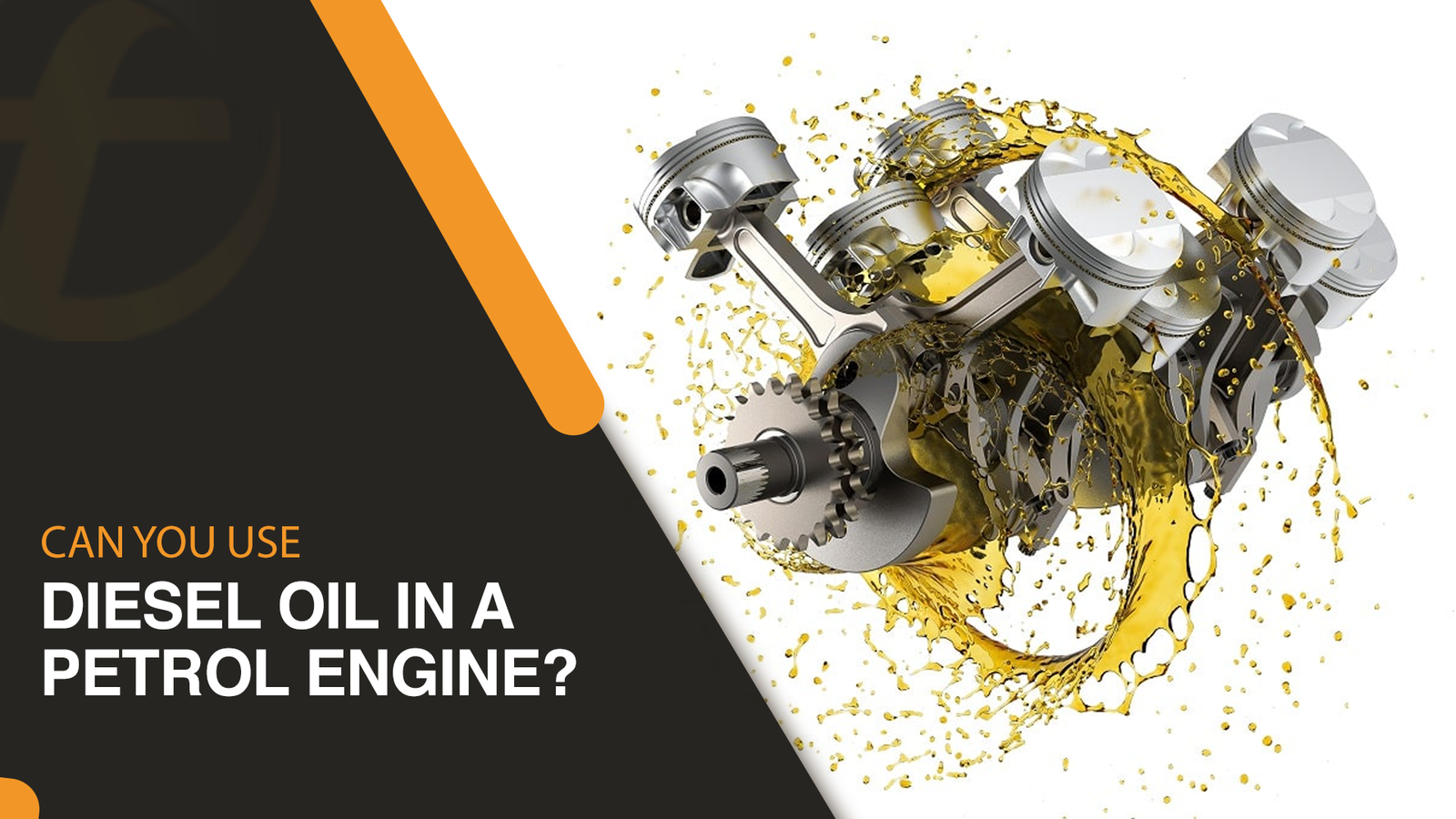
Engine oil is crucial for your car’s health, lubricating its parts to ensure smooth operation. Choosing the manufacturer-recommended oil is vital for optimal engine performance and longevity.
Using an incorrect type of oil may result in diminished performance, heightened wear and tear, and decreased fuel efficiency. It may even cause costly engine damage.
Always use the right oil for your car to maintain its health and avoid potential problems. Always refer to your vehicle’s owner’s manual to find the right type of oil. If you need clarification, our team at Fubex Lubricants is here to provide expert guidance.
Basic Properties of Engine Oil
Motor oils comprise two main components: base oil and additives. Refineries extract conventional oils from crude oil through extensive refining to separate suitable base oils. Thicker, less refined parts of crude oil find use in applications like roofing tar or road asphalt.
Oil additives are important for keeping oil in good condition in hot weather. They also help prevent rust and corrosion. Additionally, they clean engines and protect metal parts. Oil additives also improve oil circulation.
When shopping for motor oil, check the performance details on the label. Use the right oil for your car: S-type for gasoline engines and C-type for diesel engines.
On the label, you’ll see viscosity ratings. High-viscosity oils are thick and flow slowly, while low-viscosity oils are thinner and flow faster.
The oil thins out as the engine heats up, changing how well it lubricates. For instance, a 5W-30 oil is thin in cold weather (5W for winter) and thick when the engine is hot. Manufacturers solve this by adding polymers to the oil, helping it work well across different temperatures.
Synthetic oils handle extreme temperatures much better than conventional oils. For instance, a 0W-30 synthetic oil can flow smoothly in extremely cold temperatures.
These temperatures can be as low as -62 degrees Fahrenheit or -52.2 degrees Celsius. In contrast, conventional oils become thick and practically freeze at such cold temperatures. This means synthetic oils offer unmatched performance in extreme weather conditions that traditional oils can’t match.
Differences Between Diesel Oil & Petrol Engine Oil
Choosing the right oil is crucial for performance and longevity when running your vehicle smoothly. At Fubex Lubricants, we often get questions about the differences between petrol and diesel engine oils. To help you, Let’s explore this topic in detail to make an informed choice; let’s explain.
Diesel engines often need oils that are thicker and more resistant to flow. This is because they operate at higher temperatures and have different combustion characteristics than petrol engines. Higher viscosity oils can provide better protection in heavy-duty conditions.
Additive Package
Both petrol and diesel engine oils contain additives but differ in composition. Diesel engine oils have higher dispersants and detergents to handle more soot and contaminants from diesel combustion. They also include extra anti-wear agents for protection under the heavy loads common in diesel engines.
Anti-oxidants
Diesel engine oils typically have higher levels of anti-oxidants. Diesel engines produce more harmful substances, but the oil’s anti-oxidants help reduce them, extending its lifespan.
Acidity
Diesel engine oils must handle higher sulfur levels in diesel fuel. This causes combustion to produce more acid. To counteract this, we formulate these oils with a robust base package that neutralizes acids effectively and prevents corrosion.
Base Oil
Diesel engine oils use a more resilient and durable base oil than petrol engine oils. This ensures stability even under extreme pressures and temperatures.
Can Petrol Engines Use Diesel Oil?
You can use diesel engine oils in a petrol engine if they meet the engine’s specifications and viscosity needs. You can use diesel oil with the correct viscosity if your gasoline engine needs motor oil that meets API SN standards.
The diesel oil must also meet API SN standards. However, most petrol engines choose petrol motor oil for the best, which generally has better performance and value.
Some people with modified gasoline cars prefer using diesel oils. They believe diesel oils are stronger and can handle the extra heat from turbocharged engines.
Some people prefer thicker diesel engine oils that weigh about 40 or 50 pounds. They believe these oils offer better wear protection. Thicker diesel engine oils are also easier to find than gasoline motor oils. They also appreciate diesel oils for their enhanced cleaning properties.
Bottom Line
Selecting the appropriate engine oil is crucial for preserving your car’s well-being and maximizing its performance. Engine oil acts as the lifeblood, lubricating crucial components to ensure smooth operation. Opting for the manufacturer-recommended oil is essential as it enhances engine performance and prolongs its lifespan.
Always sticking to the correct oil type for your vehicle helps maintain its health and prevents potential problems. Picking the wrong oil can cause early wear and pricey repairs. Trust Fubex Lubricants for oil changes. Our experts choose the best oil for your car based on its needs, history, and season.
FAQs
Q1: What are the key differences between diesel and petrol engine oil?
Ans: Diesel engine oils offer superior anti-wear properties and are formulated for diesel systems with catalytic converters. Gasoline systems cannot handle these properties.
Q2: Can using diesel oil in a petrol engine improve engine performance in any scenario?
Ans: Diesel oil can help boost horsepower in a petrol engine. Diesel engines need thicker oils to handle the extra stress.
Q3: What are the potential risks of using diesel oil in a petrol engine?
Ans: Diesel can cause problems with spark plugs in petrol engines, leading to ignition issues and possible misfires. Petrol engines cannot handle diesel fuel, which can damage the fuel filter.
How can I determine if someone mistakenly used diesel oil in my petrol engine?
Ans: If you accidentally add diesel to a petrol car, it can damage the engine. Diesel is less refined and can clog spark plugs and fuel filters, causing engine misfires. One clear sign of these problems is seeing discolored exhaust smoke.
Q5: What should I do if I accidentally use diesel oil in my petrol engine?
Ans: It’s best not to start the engine and seek professional assistance immediately. A specialist can drain the fuel tank and flush the system with the correct fuel. In extreme cases, engine replacement may be necessary, which can incur significant repair costs.











